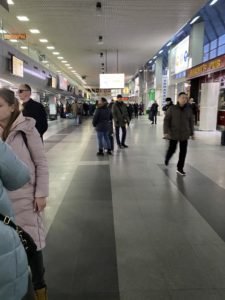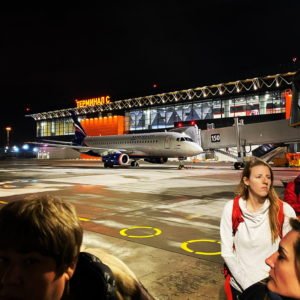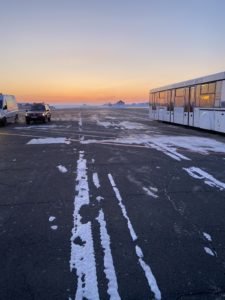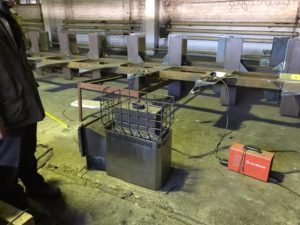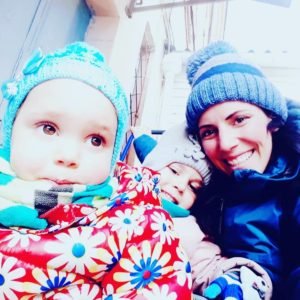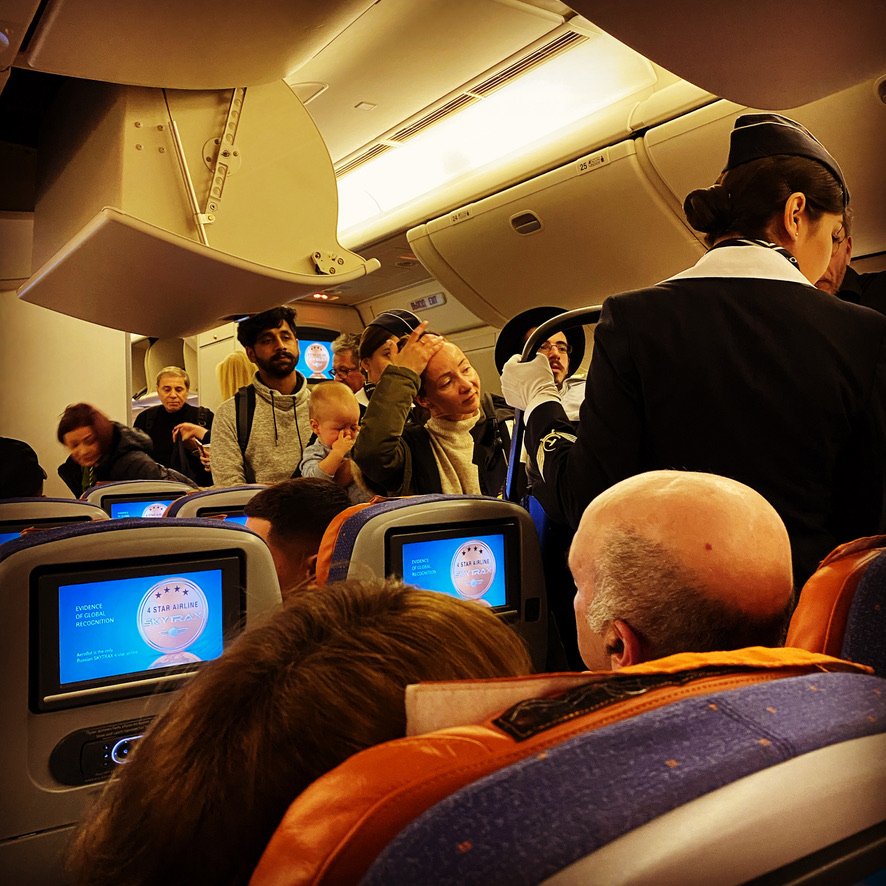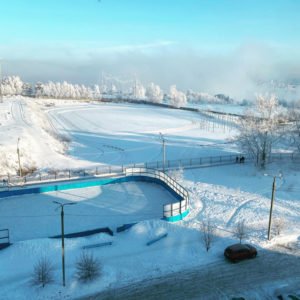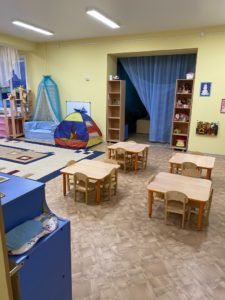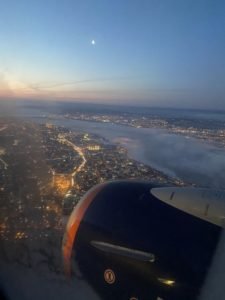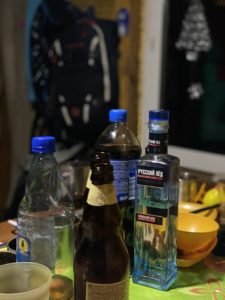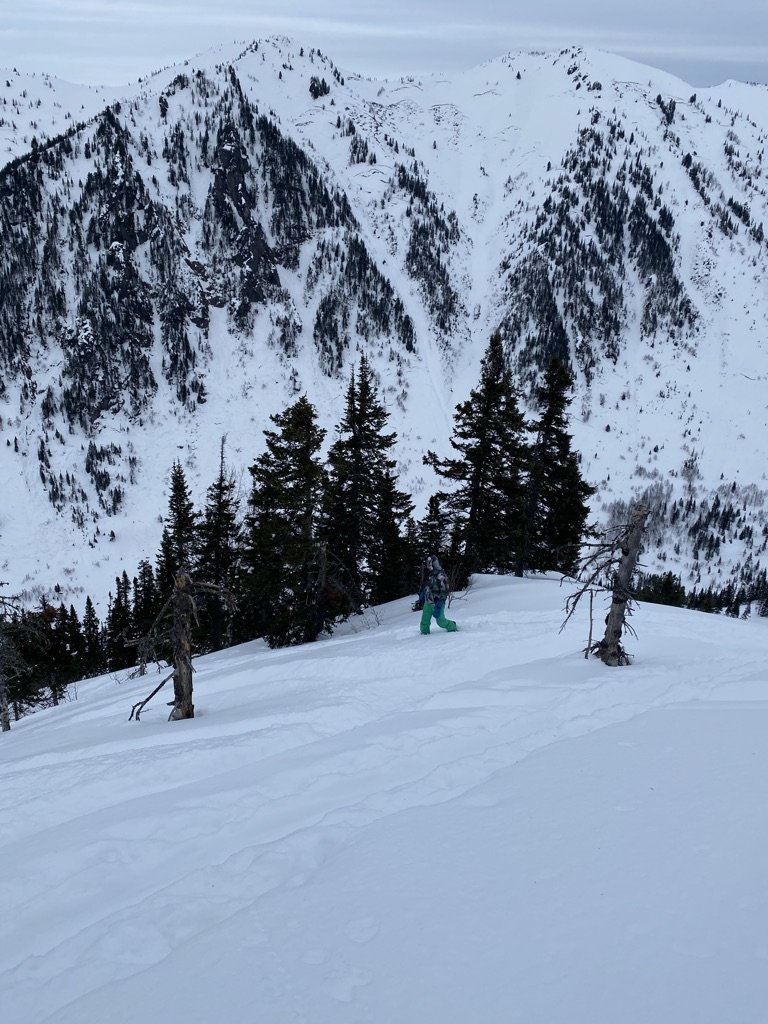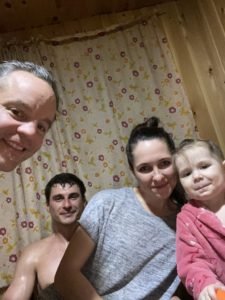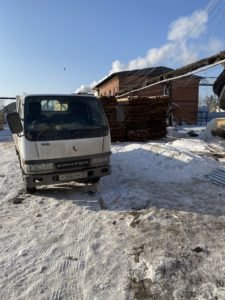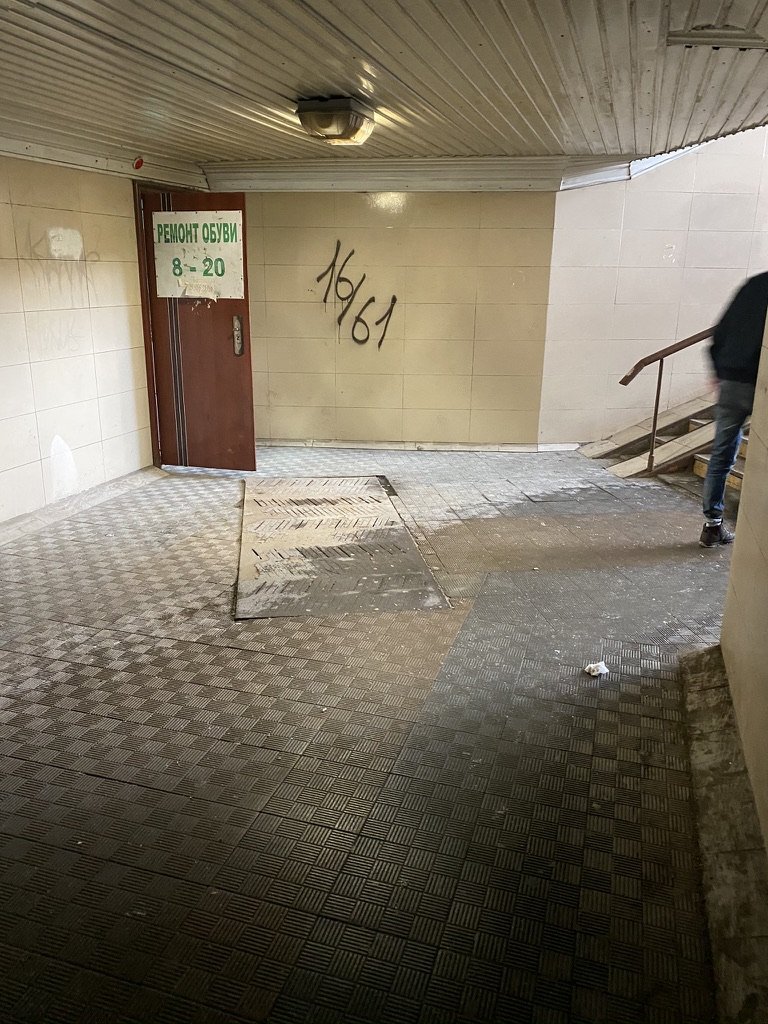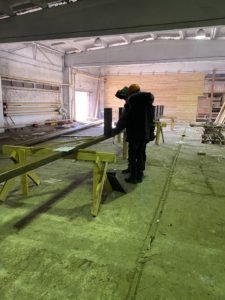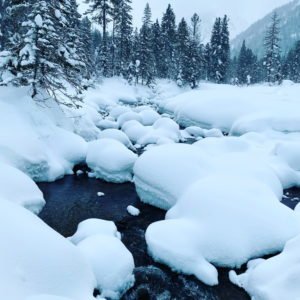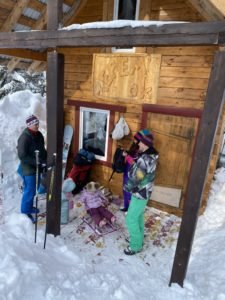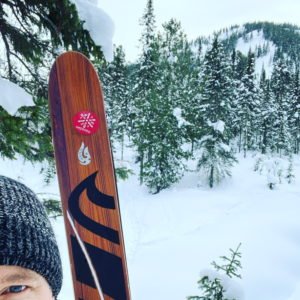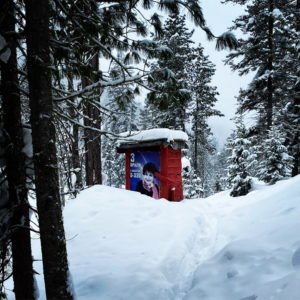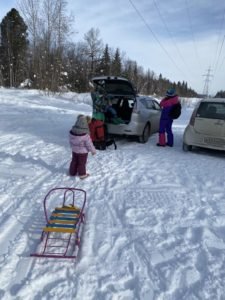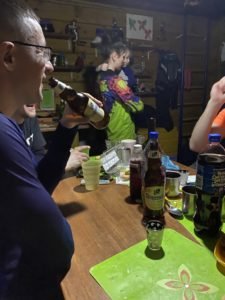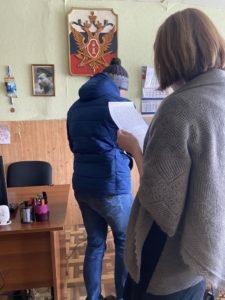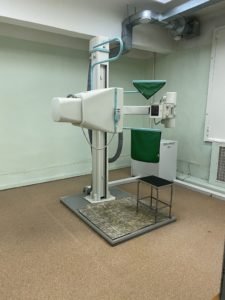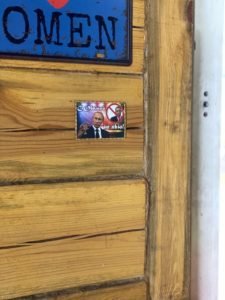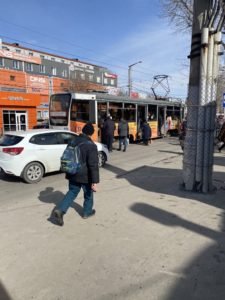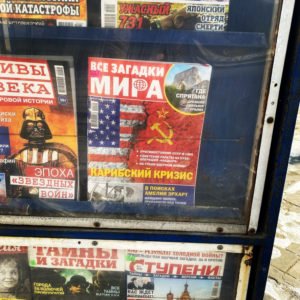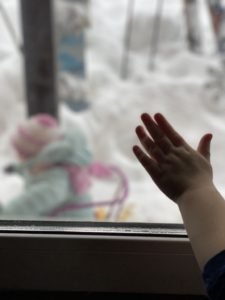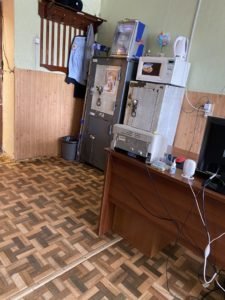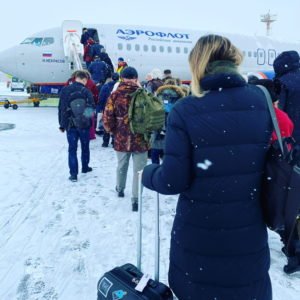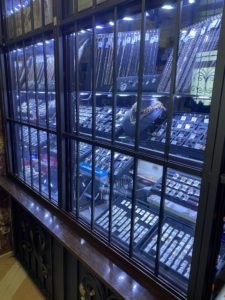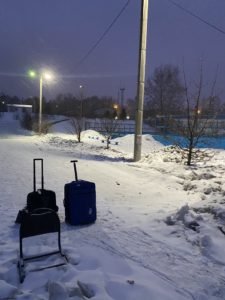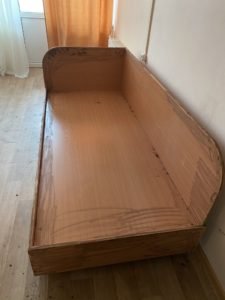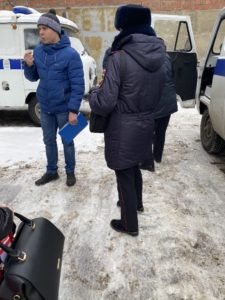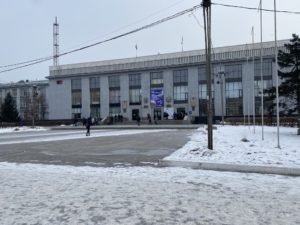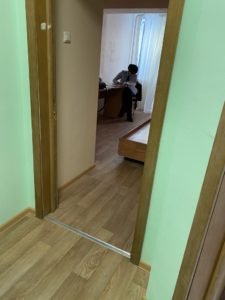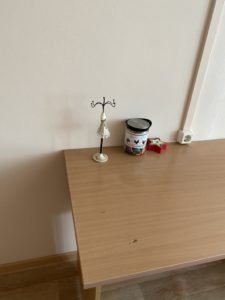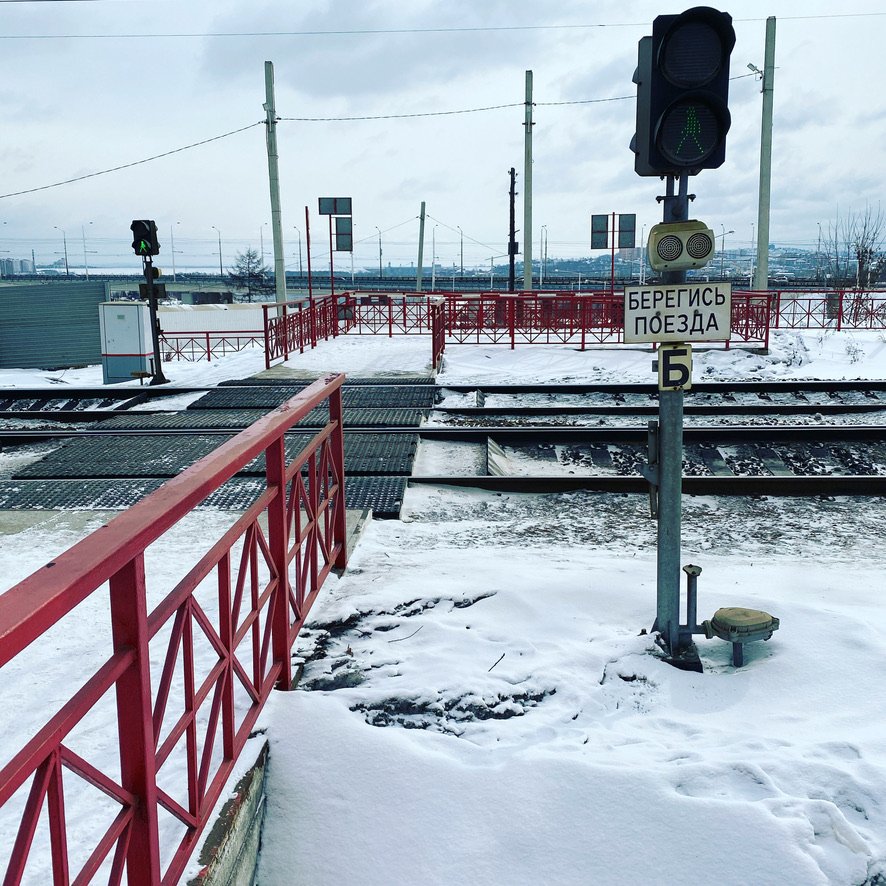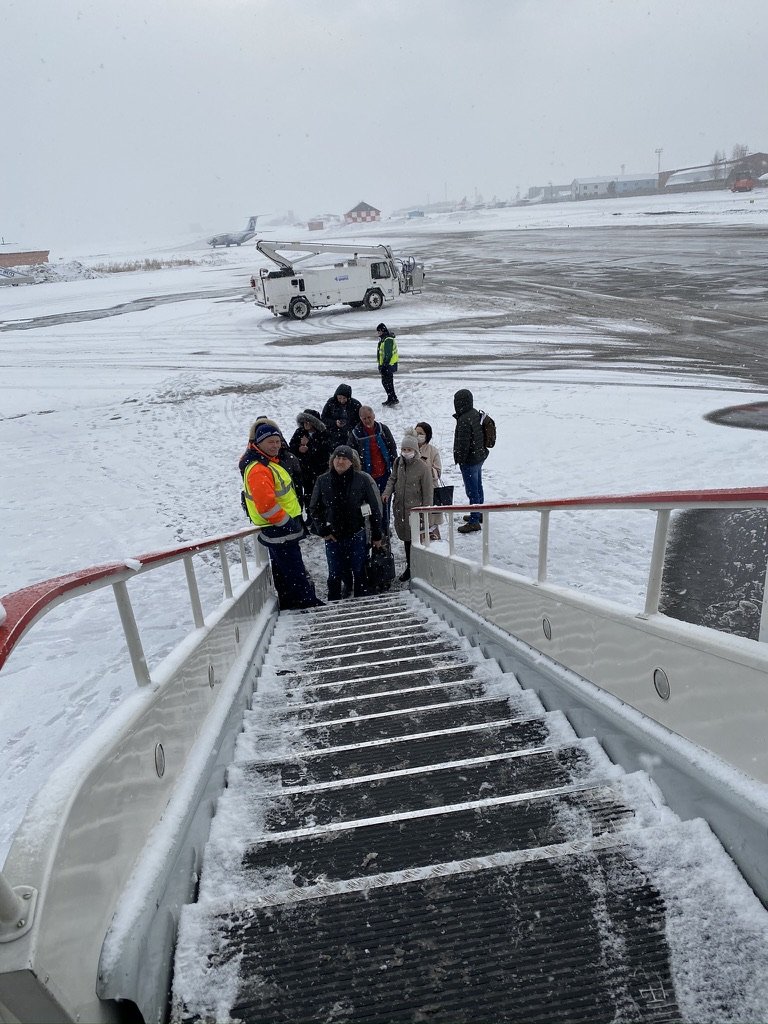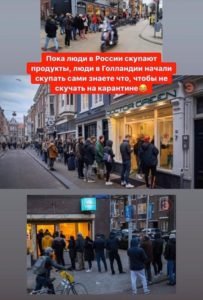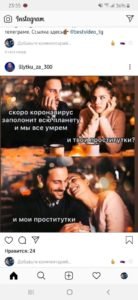Returning from Russia in the time of coronavirus, stolen wedding rings, & the way ahead
So the plan when we left Russia in July 2019 had been to return to Siberia the following winter. To finish our sentence breaking rock in the gulags, as so many of our friends in America loved to joke. Also Rachel and I would be teaching at Irkutsk National Research Technical University. I’d instruct philosophy and literature, while Rachel would teach law. Haley would start kindergarten at the local school, and Kiera-Lee would attend “train school,” pictured here, an institution built for employees of the Russian train system.
As full-blooded Americans, we really should not have had access to train school. Except that Kiki’s best friend Vika also attended “train school” because her mother Olga worked there, monitoring traffic on the rail lines. In fact, Kiki might have been the first American kiddo to attend train school, were it not for this virus.
The train system is well-funded and far-reaching in Russia. железная дорога, the Iron Way. Olga had spoken with the director, a woman initially skeptical about having an American kid with them. A 3-year-old spy? Who knew. The Junior CIA started ’em young. But Olga, always persuasive, said flowers would do the trick. (Just not an even number. Never an even number of flowers in Russia. Only for funerals!)
On February 6th I boarded an Aeroflot flight out of JFK – hence the photo above. They charge right around $350 between New York and Moscow – a steal. But you get what you pay for.
As I’ve reported before, Aeroflot is not our favorite airline, especially after leaving Petersburg last year. I mean, this is a company that celebrates, as you can see in the first photo, its four-out-of-five star rating by Skytrax. An airline that wants all its passenger to know it’s not the best, but it’s pretty darned good. It reminds me of the Lada advertisements on the billboards around Irkutsk with the tag line, “Times have changed!” The implication being, we used to build really crappy cars, but now we’re building, well, okay cars.
We landed in Moscow’s rain-slick Sheremetyevo Airport. As had happened in Irkutsk in 2018, I had this immediate sensation of ease. Like I recognized not only the place, but the sounds, and the smells. The dim quality of the light, the muted voices, scent of cucumbers and used tea bags (I borrow this from Ian Frazier’s “Travels In Siberia).
What can I say. I love Russia. Even the RBFs all around don’t bother me, like they bother – or disorient – my Sicilian-heritage wife.
My Russian, thanks to Marina and her enduring patience over Skype, still existed. After a long lay-over, and a Uzbeki cucumber salad that would have caused foodies in NYC to wet themselves, and four blissful hours of uninterrupted writing, I boarded the overnight plane to Irkutsk. As I descended into town, the log cabins snow-covered, the Angara reflecting the rising sun, I realized, in my sleep-bedraggled state, how different this next month would be. Solo in Russia. No school. No swimming lessons. And no wife as my teammate. Bizarre. It felt like changing battle armor, switching horses.
My buddy Vova met me at the airport. As we drove through the snowy landscape, old log cabins sinking back into the ground, filagrees of snow on the robin-blue trim around the windows, he shook his head at this thing called the coronavirus. Lighting cigarette after cigarette, he said that he suspected many people in Irkutsk had had it a couple times over. Being so close to the border with China, with merchants coming over each day, how could it not have spread? Keep in mind, this was in February.
Vova also told me about the pellet factory he was building on the outskirts of Irkutsk. It was going up by a lumber mill, to take advantage of all the sawdust. My misgivings over travel here – maybe Rachel was right, and this virus would get serious? – were replaced by the excitement of getting to see this thing as it went up. People in Alaska, and around Sitka, had long spoken about pellet factories, but nothing had come to fruition.
We arrived at the building behind the university, where I was supposed to stay with the family. A dormitory, with three bedrooms. With a view of the Angara, and an ice skating rink where I imagined the kids dinking about. Also a hill for the kids to sled on, and a cross-country ski course. Across the river I could see the Ferris Wheel where the four of us had taken a turn the fall previous. I resolved to use the next month to finish this YA novel under contract, and make a dent in this memoir about our time in Siberia.
My classes had been put on hold, because most of the students are Chinese, and Russia had blocked them from coming into the country. So that helped matters. I wrote. Played my guitar loudly. At my window I watched someone obviously not Russian try to skate. Flopping across the ice like a newborn foal. In the mornings I woke early, in the dark, read some then wrote. Listened to the scrape as a cross-country skier dug his edges into the icy snow. Steam rose off the frozen Angara, obscuring the log cabins and churches across the river. Birch trees encased in ice sparkled in the morning sun. The Ferris wheel, on an island in the river appeared frozen. Not implausible in -25 Fahrenheit.
A couple days in I visited Vova at his pellet factory, and learned about the equipment being shipped from China – not as good as the German equipment, but half the price, he said. Plus China was convenient, just a day-drive away. As soon as the borders opened, the equipment would arrive. I reconnected with jiu-jitsu buddies, Igor and Kesha and the rest. Our America/Russia bouts on the mat began again.
I also dropped into a manuscript on our time in Russia. How much I had forgotten! The smell of the underpasses, sweat and ice and wet dog fur. The sound of the freight train running along the Angara coupling and uncoupling at night. The bang as the cars came together. Slow chug as the locomotive powered up. Just being back in Irkutsk brought it back, except this time without the kids. I went out to the house of Vova and Olga. In the banya over omul and vodka we caught up about where we were, and did our best to imitate Bradley Cooper and Lady Gaga, crooning away, a song Olga begged me to learn on guitar.
About a week into my time, the university informed me that of the borders between Russia and China would continue to be closed, but I would start my class on the 23rd of February. I’d have about 90 Chinese students online, and 40 students in the classroom. I continued to write. Made friends with the Iranians next-door. Recorded songs on the guitar and sent the audio files to friends/victims. Clocked 5,000 words in a single, invigorating day. Got told by my editor that I’d need to restart, I wasn’t writing for young adults. Though in the end I got more writing done few weeks than I had over the course of the entire year.
That first weekend Vova and Olga said that they were going to Mamay, where Rachel and I had gone alone last time we were in Russia. A national park dotted with dry cabins, where you could hike and ski.In the winter of 2019 we had hung out with friends there, a weekend soaked in vodka, skinning up the mountain and floating down in the deepest powder I’ve ever experienced. Now I’d be hiking these woods by myself, or with Vova and Olga.
We snow-machined up through the snow-laden woods to a small cabin built above the river. Illicit, apparently. Just built there. In the middle, by the stove that looked like a truck engine, Edick and his wife had set up a pole for pole-dancing. Food and vodka came out. Music started. Folks sidled up to the pole-bar, displaying all sorts of skill. The kids were taken on sleigh-rides. Songs came out. Pasternack would have been proud.
We spent the following morning knocking snow from the roof, clearing it from the porch, hours of it. Making a path to the outhouse, with a stunning advertisement from some forty years ago. By the end the splitting headache had gone, with the help of one of those Korean kim-chi soups, apparently replete with all the right chemicals to kill a hangover.
I returned to Irkutsk to find a new family from Iran moved into the apartment next door. A man and a wife and their young son. On the floor below a younger Iranian who told me he had been kickboxing champion of Iran. We bonded while stripping down to get our lungs X-rayed by a machine run by a grumpy Russian woman who must have taken extreme precautions around magnets judging from the substantial metal in her mouth.
“At least you are not so particular as the Iranians,” the director of the program told me when I handed in my passport at the university, so that they could extend my visa. “They complain about cockroaches.”
She appeared exhausted. The coronavirus and the issues with the Chinese students had taken it out of her. Even before that, she told me, waving her hand in front of her face, it had been bad.
First an African student had decided to die while on campus. She had to deal with all that paperwork. Then three other girls from Africa – the Congo – decided Irkutsk was too cold, and so had clear across the country. Rumor had them living in the town of Rostov, on the shores of Lake Nero. Known for being one of the warmer spots in Russia. That they left without saying made life difficult not only for the university, but also for the Russian Federation. You are required to register wherever you stay in this country. These girls, on their quest for warmer weather, had failed to do so. The police were searching for them. They would be promptly sent back once discovered, I was told.
After my first week in the dormitory, the woman in charge of the building, named Julia, same as my grandmother, who was born in Russia, explained that they wanted to build a second bed in the girls’ room, so they could both sleep there.
I had already set up there things there, including their plastic cookie cutters, and a figurine who worked as a ring holder for my wedding ring, which I took off because I had started going to Brazilian jiu-jitsu again. Not having the family was getting to me – waking up to those little voices, going to sleep reading Stuart Little, I missed it. I took the same trip Haley and I took each morning to her school, to visit with Alona there, and hear about how much they missed Haley. How much they hoped she could still come this year, despite the virus. Alona insisted that they would give the deposit for Haley back, if she was not able to make it – this despite saving her a spot. Sometimes I think the Russian reputation for conniving is ill-gotten – or at least most of the connivers went to Brighton Beach.
Then, in late February, a bad thing happened. On a Thursday a workman arrived at the apartment to build the bed. Tall, thin, with dark hair, he struck me as Chechen. I had trouble understanding his Russian, and he was dismissive of my presence, my middling language, me being American. Another worker arrived, and they spent about ten minutes building the bed.
The following morning I woke up, wandered into the room to put on my wedding ring, and found it was gone. I called down to Julia. She had no thoughts, saying that it was a firm that had installed the bed. I reached out to the university. They were dealing with the runaway folks, not to mention coronavirus – so seemed to have little bandwidth for a wedding ring. I wished someone would throw a switch, and I’d be able to speak the Russian of my great-grandfather. After all, I had his name. Shouldn’t the language come with it?
This had been my grandfather’s wedding ring. It had had the date of his marriage, June 6, 1945, engraved into it, along with my grandmother’s initials. Legacy, heritage. Rachel and I had engraved our initials, along with the date of our wedding. It was just – wrong. So wrong. It made me nauseous to think of the band of gold gone.
So I called the police. Tatiana, a friend from the university, accompanied me to the station. I called Rachel in the States, and she sent me photos of her ring, an exact match. I showed photos of me wearing the ring, zooming in on it, texting it to the phone at the man behind bars. We went up a few flights of stairs of a concrete building, then down a narrow hall. Behind a red steel door a detective with a gun on his hip, who looked like a big baby with his shaved head and large blue eyes, took a report. Asking exactly what happened, from start to finish. When I couldn’t find the word in Russian, Tatiana filled in.
Big Baby said we would need to fingerprint the apartment. Four others from the police force piled in one of these gray police UAZ off-road vans you see all over, which resemble small VW vans. The detective put a wool hat with a pon-pon on top over his bald head, picking up his blue folder. Up we went into the apartment, and I played out the whole scene. One of the policeman said they’d throttle the worker who did this. Another asked why I had been so dumb as to keep the ring there when there were workers. Very good question.
I called my friend Igor from jiu-jitsu. He helped me put together a sign to put around campus. The following day we went from pawnshop to pawnshop searching for the ring, speaking with the owners. The theft of this ring from an American would be on the evening news, the police detective told me. By this point he was communicating through Igor – much easier, obviously. Kesha, from jiu-jitsu, got involved. We gathered a little Brazilian jiu-jitsu posse, once again cruising the pawnshops, visiting the police station for an update, all of us like wasps, not knowing how to proceed. I was told that the local police force would make this a federal investigation.
“It must be melted,” Igor finally said, over a 150-rouble lunch at a restaurant called Mafia, across Lermontov Boulevard, where Godfather played on loop. “But the good news, is the man who took it will have very, very bad luck for the rest of his life. That is the way it is.” The other good news, Igor explained, was that the theft of this ring made it so that something much, much worse would not happen. That was the Russian fatalistic belief. I should be relieved, he explained, because I had dodged a bullet.
No fingerprints matched. The police could find no leads. I kept returning to that empty room, sitting on the bed still dusted with fingerprints. Where my girls were supposed to sleep. Where my wedding ring had been. The radiators clinked away, and people yelled from the ice skating rink below. I continued to check the progress of the Iranian skater. He was only getting better.
In early march things began to heat up in earnest with coronavirus. The university asked me to sign a contract that I wouldn’t be flying back to the United States. Meanwhile it became clear, as cases developed in Italy, that this made absolutely no sense. It also made no sense for Rachel and the kids to come over.
I continued to watch out my window, each afternoon, as that Iranian went from hardly able to stand on the ice, to hesitant stepper, to now pushing off with his blades. Even coasting. Taking his time as he took off his skates, staring across the ice, as if swearing he’d be back. He gave me heart. That you just had to keep showing up. Pressing ahead.
On Wednesday, March 11th, the WHO declared COVID a worldwide pandemic. Thursday morning my phone lit up.
“Rach? What’s up?”
“Do you have your passport?” My wif sounded panicked.
“It’s at the university.”
“You need it.”
As she said this a note appeared on Messenger from my sister. Trump was cutting off all flights to the US at 12 pm Friday night. Then another. “There’s a plane out in an hour and a half. Can you get on it? Otherwise might be stuck.”
I checked the New York Times. The headline read “Trump to Suspend Travel From Europe as World Scrambles to Fight Pandemic.” I pulled on fleece pants, followed by my fox-fur coat and reindeer boots. Nodding at security at the base of the building, running up the hill through the birch trees, the flat soles of the boots gripping the packed snow.
There was no way I could shut down the apartment, pack, and get to the airport to make that afternoon flight.
A series of gray university buildings pushed out from the snow. I went into the nearest, flashed my security card, and ran up the marble stairs to immigration services in office й-204.
“Good morning!” I said in Russian, trying to catch my breath. “Excuse me. But at this moment I need my passport.”
The woman with dark eye-shadow looked up from her computer. Usually she was flirty, and told this story or that, flashing a smile, so rare in Russia. Now she appeared like someone had killed her favorite gerbil.
“Let us wait for the afternoon. Then we can prepare your visa. Then that will be everything,” she said, using все, pronounced vse, what Russian grandmothers chanted when babies won’t stop crying.
“I need it now,” I said.
A woman with neat bangs and a wool suit who never spoke looked up from her corner desk.
“I do not understand,” she said. “You are supposed to teach at the Polytechnical University until the summer. And now you leave? We already have the visas for your family. They arrive in just four days. We did the work.”
“I know. That was the plan. But this – they will not be able to leave the United States. And after tomorrow I will not be able to go home.”
She returned to her screen, shaking her head. “I do not understand why Americans worry. It is a cold. All Siberians have had this sickness.”
I didn’t reply. Just waited as dark eyeshadow unlocked the safe, and handed over the blue booklet.
Back at the apartment I found a flight at 7:35 the following morning. Aeroflot. Landing at 6:20 pm, just under six hours before the deadline. Two tickets left.
I booked it. $520 dollars, Irkutsk to JFK. More expensive than usual, but not crazy.
The next morning Kesha, my friend and Brazilian jiu-jitsu instructor, came by with bags, to help me clear out the apartment. He took the stairs by two. Julia, in a long overcoat, wearing blood-red lipstick so adored by Russians, stopped him.
“Why does your family not come? Are they scared? It is safer here than in the United States.” Then she said something I didn’t understand, about Americans and their reactions.
“You cannot leave before you give money to the university,” she finally said.
“I am leaving tomorrow. And pays for my lodging.” This had been the deal. In addition, my ring had been stolen.
“No, this is not true.”
We continued down the stairs.
“You seem much more American today,” Kesha observed, as we pushed outside into the sharp cold. Then in English he said, “like you already fly on the plane.”
The next morning I waited in the dark for my taxi. Snow sifted down in the lamplight. Beyond the cold Angara the dark steeples of the onion-domed church seemed to float.
Headlights appeared at the top of the hill. The driver careened down the icy road as only Russians can careen down ice. He took me to Irkutsk airport. In the snow we boarded. From there to Moscow, to New York. I quarantined for fourteen days in Philadelphia, then met up with the girls and Rachel, holding them tight to me.
Since arriving back in the United States I’ve kept a journal, “Corona journal.” Or all the topsy-turviness, the comments, the reactions. Of our movements, the movements of others, the slow and steady realization that the world won’t be returning to normal anytime soon. Rachel and I have had to get our heads around having a baby in September, bringing her into a world that has been put at such risk. And also getting home to Alaska – because of the pregnancy, we don’t want to fly.
The other day Haley asked if she could send a letter to Zlata, who she calls her best friend from school, who she met in Irkutsk. Zlata, who moved to Novosibirsk when her father got transferred. One day she was gone, and Haley couldn’t stop crying.
“We’ll go back to Russia,” I promised. Speaking to myself as much as to her. “And when we do, Zlata will be there. Or maybe one day she’ll come to to the United States.”
Igor continues to send my funny Russian memes about coronavirus, which is great for keeping up the language. I haven’t heard one of my friends admit they were wrong about the virus. Instead, humor seems to do the work.
Meanwhile my left ring finger continues to feel bare. It’s less the absence of the ring than it is feeling like I had been given an object, and it was my watch. And I let it out of my sight.
Then again, maybe I’m becoming Russian about these things. It happened for a reason. Allowing us to side-step something much graver. The underlying truth of that being, as long as you’re near your family, taking care of them, being taken care of by them, you’re good.
After all, we still need something to write about.
